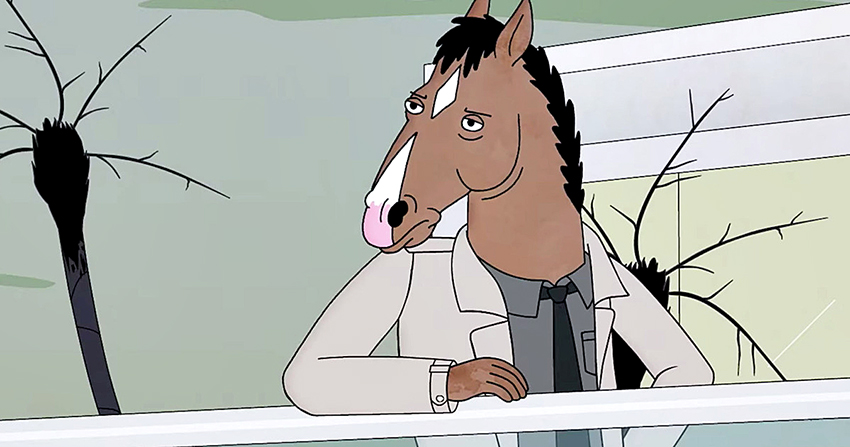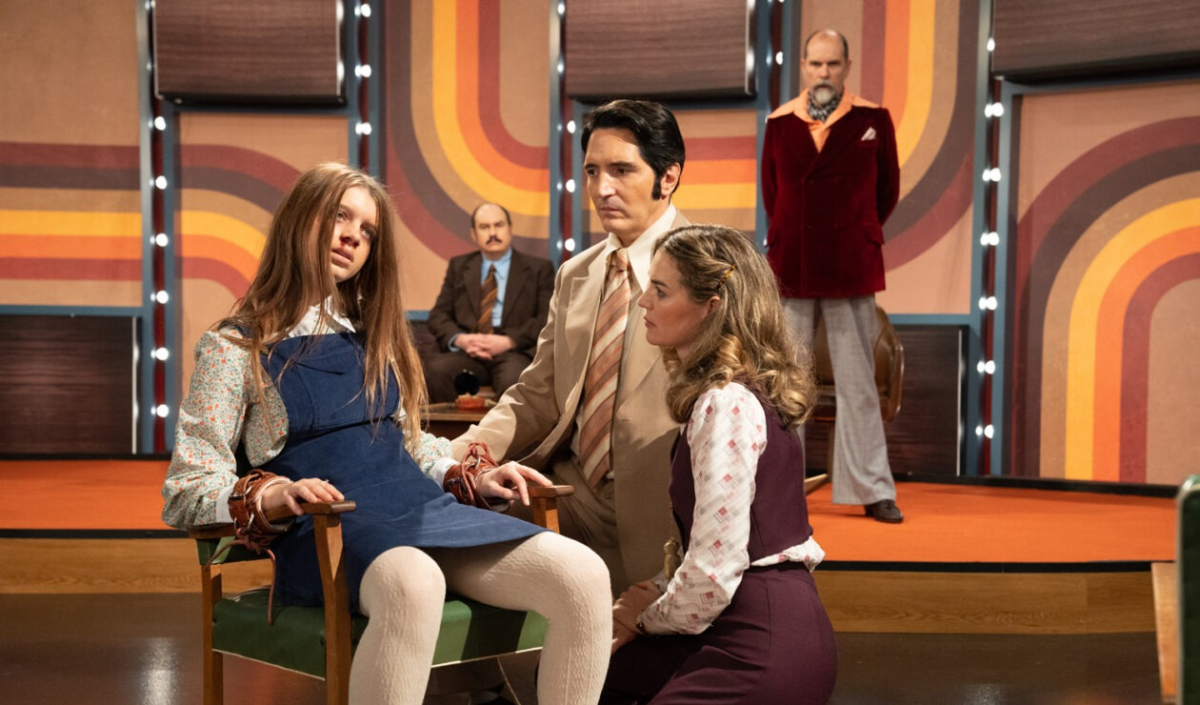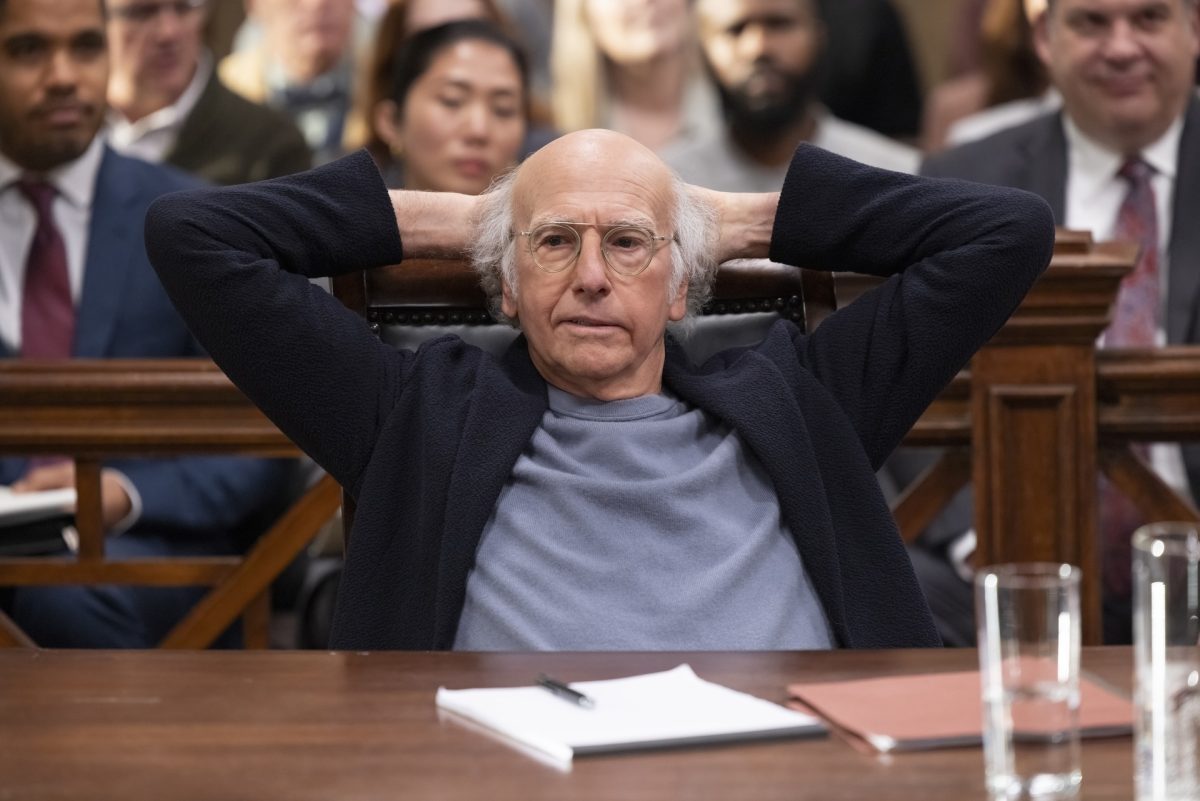The legacy of intelligent, socially conscious comedy lives on in the fifth season of Netflix Original “BoJack Horseman.”
The beginning of the season finds BoJack (Will Arnett) entering into a contract for a new show, a crime procedural. A new character is also thrown into the mix. Gina (Stephanie Beatriz), BoJack’s new costar, forces him to reconsider mistakes made in his past relationships. Meanwhile, Princess Carolyn (Amy Sedaris) is put through her paces by an adoption agency in her desire for a child. Mr. Peanutbutter (Paul F. Tompkins) and Diane (Alison Brie) also undergo world-shattering changes where their paths diverge.
In previous seasons, the series relied on the classic single frame style of animation and the use of flashbacks to fill information gaps. This season, however, takes a more engaging approach to bring viewers into the story. Split screens are used to show parallels between the actions and daily lives of characters, and the flashback sequences have been afforded to characters such as Princess Carolyn, not just BoJack. The precedent of expanding into the backstories of secondary characters through their interactions with BoJack is also thrown out the window.
The story is also told in more direct ways than before. This is best exemplified by an arc driven by BoJack’s drug abuse. Scenes weave together with audio from both his time on set filming “Philbert,” and time spent at home strung out on painkillers. The audience is not just shown BoJack’s confusion, cloudiness and overall discontent with his life through this animation technique, they are put in the moment with him as he struggles to tell fact from figment of the drug-addled imagination.
The series continues to depict socially conscious comedy and off-kilter takes on popular issues. Parallels drawn between BoJack’s life and recent events in the entertainment industry serve up steaming criticism of the men targeted in the #MeToo movement which took hold just over a year ago.
As BoJack’s career is put on the line, he must come to terms with some of the awful things he has said and done while inebriated. Under this pressure, he is forced to grow, but in stunted ways. He begins to self-identify as a feminist, yet mansplains the ideology to Diane, who first introduced him to the movement.
In addition to feminist issues, “BoJack” tackles issues of sexuality in ways the medium has typically avoided. Asexuality is explored in the series, as Todd Chavez (Aaron Paul) provides a largely positive, normative representation of a community that is rarely recognized in traditional television.
This is not to say BoJack becomes a dramatically better person. Rather, he’s faced with situations where being a better person for a few minutes is the only alternative to losing everything he has worked for. Thus, the events of his life are forcing him to do the right thing. From the beginning to the end of the series’ fifth installment, BoJack remains selfish and self-centered, which detracts greatly from the overall effect of the season.
“BoJack” remains a groundbreaking show with less than stellar characters and a strange obsession with the maintenance of male control in Hollywood. However, until anyone else follows suit, this is what the socially conscious audience has to deal with.
“BoJack Horseman”
Rating: TV-MA
Score: 3/5





















